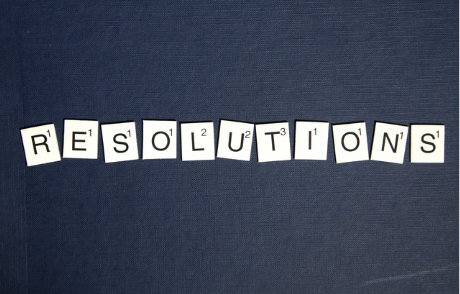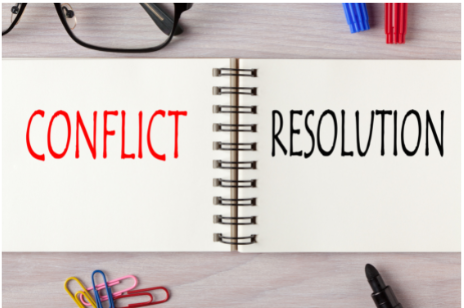
Conflict is inevitable. Just the phrase that you wanted to see at the beginning of a blog post right? But it is a phrase that we can’t avoid. Many times we don’t want to admit that conflict even exists because of the idea that if we get into a fight with our families we don’t love them any more. This couldn’t be any further from the truth. Just because we have a conflict with our family members, it does not mean that we don’t love them. In fact, we have conflicts because we love them and because we are different from each other in terms of mindsets and beliefs. There can be, problems with how we approach conflicts or arguments within our families. We can approach them with the idea that we are going to win no matter what which can result in a shouting match or even physical altercation. We can approach conflict with the intent to cut someone down in order to make sure they don’t do something we don’t like. Or we can just simply not talk about the problem at all with intent to be passive aggressive. But what if we approached arguments in better ways other than the ones that I just mentioned? Let’s take a look at some ground rules that can be set for arguments.

1. Don’t enter an argument with the sole idea of that you are going to win. If you approach every conflict with the intent to win, then you will lose every single time. Pride can damage relationships because it gets stuck on the idea that we must be right all the time. When it comes to arguments, we have to be willing to be wrong on occasion in order to resolve an issue.
2. Using abusive language and name calling should never be allowed when it comes to conflict resolution. While emotions can run high and are allowed to be expressed during arguments, it does not mean that we are allowed to behave in ways that are cruel or abusive to others. Tearing other people down or using abusive tactics to get your point across results in two things being damaged beyond repair, trust and safety.
3. Be willing to compromise in order to reach a resolution of some kind. Family members tend to get stuck on this idea that they shouldn’t have to compromise on anything in order for the family to function. Sadly this ideology tends to cause problems because it tends to get families stuck in a vicious cycle of repeating unhealthy behaviors. All family members, from the adults down to the children must be willing to give up something in order for the entire family to benefit at times. Modeling this behavior in our families can help us with learning to negotiate in real life situations.
4. Take responsibility and admit when you’ve made a mistake. I know that this is a tough point for anyone to swallow because we seldom want to admit when we are wrong. Even taking responsibility for our actions is hard because we may have to change a behavior that we may not want to change. Change, however, is necessary and constant part of life. Some changes are necessary in order to help keep the peace, safety, and integrity of the family unit in tact. And each family member is responsible for doing their part to make their families a safe, peaceful, and healthy to participate in.
5. Be willing to listen first and speak second. If any of you are like me, you know I like to talk. This tends to put a damper on things when it comes to relationships. We can’t always be quick to jump in and say “our two cents worth” right away. Listening helps us understand the situation fully in order to see if maybe we might have missed some things worth considering. It also allows us the opportunity to see if maybe there really is a conflict that must be resolved, or if things were really just a misunderstanding to begin with.

While conflict and arguments are inevitable in a family, the way we solve these conflicts does not have to lead to extra problems or lasting damage relationship wise. We have to keep in mind that each of our family members each play an important role in our units, and we are all in this process together. This requires teamwork and sacrifice on the part of every family member. Having healthy conflict resolution skills in the family can lead to an increase in healthy relationships overall.
